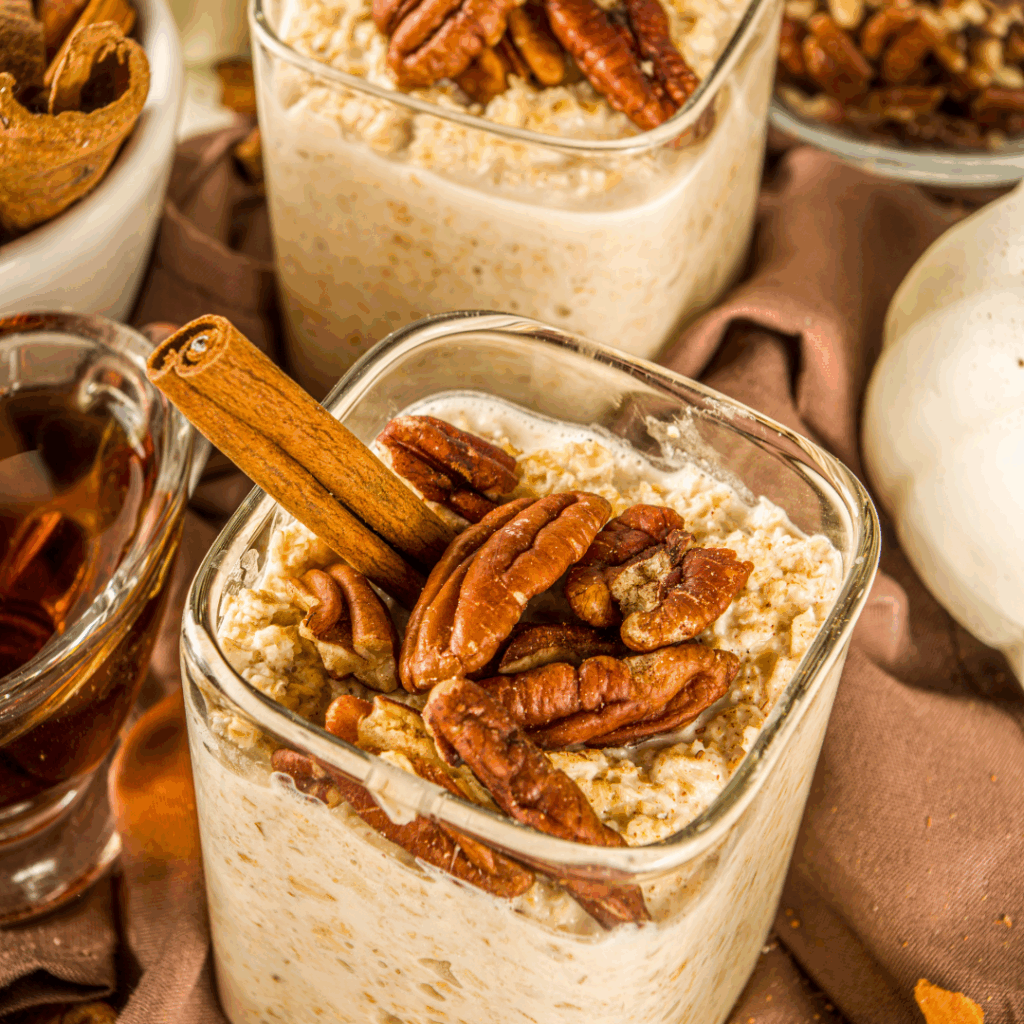Not drinking enough can cause headaches, lethargy, dry skin, and constipation. Severe dehydration can lead to dangerous electrolyte imbalances, low blood pressure, loss of consciousness, and even death. Remember that the human body comprises approximately 75% water, so we must give our bodies enough of the stuff.
What are the benefits of staying hydrated?
- Regulation of body temperature: Adequate hydration helps regulate body temperature through sweating and the evaporation of sweat, which is crucial for preventing overheating and heat-related illnesses.
- Nutrient transportation: Water is essential for transporting nutrients, such as vitamins, minerals, and glucose, throughout the body. It helps nutrients reach cells and tissues, facilitating various physiological processes.
- Joint lubrication: Hydration helps lubricate joints and maintain the cushioning between bones, which supports joint function and prevents stiffness or discomfort.
- Improved cognitive function: Proper hydration is linked to better cognitive performance, including enhanced concentration, alertness, and memory. Dehydration can impair cognitive function and lead to difficulties in thinking and decision-making.
- Digestive health: Water aids in digestion by facilitating the breakdown of food and the absorption of nutrients. It also helps prevent constipation by keeping the digestive system moving smoothly.
- Kidney function: Adequate hydration is essential for proper kidney function. Water helps flush out waste products and toxins from the body through urine, promoting kidney health and reducing the risk of kidney stones and urinary tract infections.
- Skin health: Hydration is vital in maintaining skin elasticity, moisture, and overall appearance. Drinking enough water helps keep the skin hydrated, reducing the risk of dryness, wrinkles, and other signs of aging.
- Exercise performance: Staying hydrated is crucial for optimal exercise performance. Proper fluid intake helps maintain electrolyte balance, prevent dehydration, and sustain energy levels during physical activity.
- Detoxification: Water supports the body’s natural detoxification processes by flushing out metabolic waste products and toxins through urine and sweat.
- Mood regulation: Dehydration can affect mood and lead to irritability, fatigue, and decreased motivation. Drinking enough water helps maintain mood stability and overall emotional well-being.
How do I determine if I am well-hydrated?
Look at your urine! For most people, urine color and volume are good indicators of hydration. Drink more water if your pee is dark yellow or amber (like apple juice), and the volume is more of a trickle. If your urine is a pale yellow, it’s a good sign that you’re drinking adequately. If it’s clear, you are overdoing it, so slow down the drinking!
What are some tips to improve my hydration?
- Keep a water bottle at all times and bring it everywhere so you can always access water when needed.
- Choose a water bottle you are excited about and consider investing in one that will make you more likely to drink out of. Some water bottles keep water cold for more than 24 hours, while others have reminders to nudge you into taking a sip. Some water bottles have a section where you can add fruit or herbs to infuse your water. Choose one that will make you want to drink out of it and one you want to bring everywhere!
- Use an app! Many free phone apps remind you to drink more water throughout the day.
I hate plain water; what can I do?
Infuse your water with fruits or herbs. Basil and strawberries, or pineapple and mint, are delicious and healthy ways to make water more flavorful. If you aren’t in the mood for plain water, unsweetened beverages, like green tea or calorie-free and sodium-free sparkling waters, can keep you hydrated throughout the day.
Do foods count towards my hydration goals?
Hydration doesn’t come from liquids only! Eat fruits and vegetables with high water content like watermelon, oranges, berries, cantaloupes, cucumbers, and tomatoes. Not only do they provide some water for your body, but they also contain beneficial antioxidants and fiber to help fight disease and keep you regular.
Should everyone drink 8 glasses of water each day?
Water needs differ based on temperatures, exercise intensity, and whether you sweat more or less. While many argue that drinking eight glasses of water daily is not necessarily true for everyone, it’s still a good guideline. Aim for at least 64 ounces of water daily and drink more when you exercise, are outside, or sweat more.
How much water do I need?
Aim to drink half your body weight in ounces each day. If you weigh 150 pounds, you should aim to drink approximately 75 ounces of water (150 ÷ 2 = 75).
For those unfamiliar with pounds and ounces, use this simple calculation to figure out how much water you should drink daily: your weight (in kilograms) multiplied by 0.033. This will give you how much water you need to drink in liters. For example, if you are 70 kg, you should drink about 2.3 liters of water each day.
As always, use your urine color and volume as your guidance.










